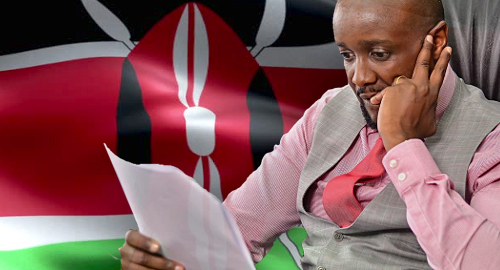 Kenya’s government is once again proposing a significant hike in gambling taxes but the nation’s leading sports betting operator says the sector is already one of the country’s highest taxed industries.
Kenya’s government is once again proposing a significant hike in gambling taxes but the nation’s leading sports betting operator says the sector is already one of the country’s highest taxed industries.
Last week, Kenya Revenue Authority (KRA) commissioner-general John Njiraini tabled a raft of proposed new tax hikes, including an additional 10% excise duty on the country’s licensed betting operators. Njiraini claimed the hike was necessary because sports betting has “negative effects” and the taxes currently imposed on the sector “are inadequate.”
Claims of gambling’s negative effects on society were also what prompted Kenya’s government to hike taxes on the industry to 35% effective January 1, 2018. However, the government climbed down off its moral high horse last September, reducing betting operators’ tax rate to 15% while imposing a new 20% tax on bettors’ winnings.
Kenya’s Treasury is still mulling Njiraini’s proposals, but it’s hard to see how the government will sell the betting tax hike, given the embarrassment it has already suffered via its repeated flip-flopping on this issue. Then again, the KRA says its current fiscal year’s revenue collection is on pace to come in Sh110b (US$1.1b) below its target, and desperate times call for desperate measures.
This week, Ronald Karauri, CEO of leading Kenyan betting operator Sportpesa, told local media outlet The Star that his company already paid “a significant amount in taxation,” and that these payments had risen sharply over the past five years. In 2014, Sportpesa paid only Sh19m in tax, but 2018’s tax bill was Sh4.6b ($45.5m). Karauri claimed Sportpesa’s tax bill is “much higher than what we retain as earnings.”
As for claims that betting is a net negative for society, Karauri (pictured) said betting is “purely entertainment” and the company “completely” discouraged anyone who got into betting as a way of making a living. Karauri added that Sportpesa had “given more than any other” corporate entity in terms of support for local sports bodies, and this sponsorship effort had begun when local residents had “lost hope” in Kenyan football.